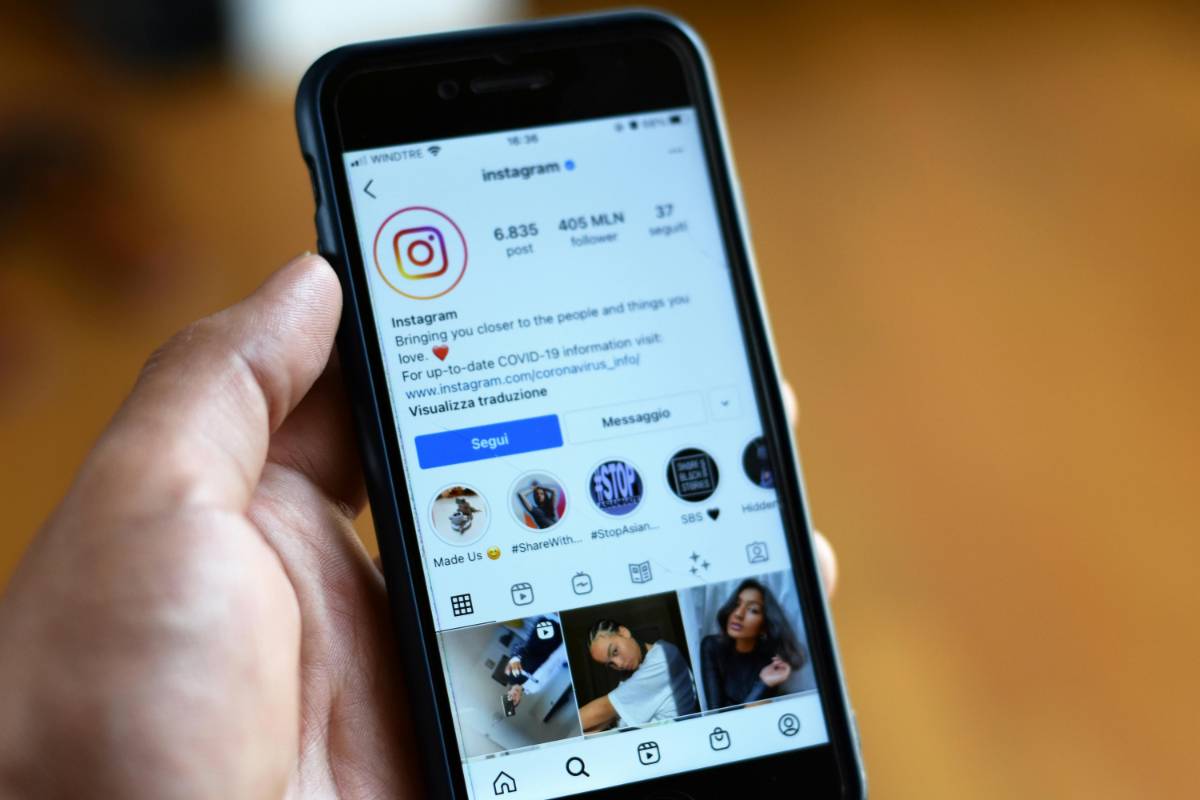Why Influencer Marketing Is Crucial for D2C Brands in 2024
16 Jun 2025
Read Time: 5 min read

Direct-to-Consumer (D2C) brands are increasingly turning to influencer marketing as a key strategy for growth. As the digital landscape evolves, influencer marketing has proven to be a powerful tool for D2C brands. Here’s why it’s crucial for these brands in 2024.
1. Building Trust and CredibilityD2C brands often face challenges in establishing trust and credibility with new customers. Influencers have built strong relationships with their followers, who view them as authentic and trustworthy sources of information. Partnering with influencers allows D2C brands to leverage this trust and gain credibility through genuine endorsements.
2. Reaching Targeted AudiencesInfluencers have highly engaged and niche audiences that align with specific interests and demographics. D2C brands can target these audiences effectively by collaborating with influencers who resonate with their brand values and product offerings. This targeted approach ensures that marketing efforts reach the most relevant potential customers.
Influencers have the power to amplify a brand’s message to a wider audience. By leveraging the influencer’s reach and engagement, D2C brands can increase their visibility and awareness. This expanded reach helps drive more traffic to the brand’s website and boosts overall brand recognition.
💡 Discover More from Social-Media
Influencer marketing is not just about brand visibility; it’s also about driving conversions. Influencers can create compelling content that motivates their followers to take action, such as making a purchase or signing up for a newsletter. By using trackable affiliate links or discount codes, D2C brands can measure the direct impact of influencer partnerships on sales.
5. Creating Authentic ContentInfluencers are skilled at creating content that feels natural and engaging. For D2C brands, this means getting high-quality content that showcases products in a relatable and authentic way. Influencers can create product reviews, tutorials, and lifestyle content that resonates with their audience and highlights the brand’s value proposition.
6. Cost-Effective Marketing StrategyCompared to traditional advertising methods, influencer marketing can be a cost-effective strategy for D2C brands. Collaborations with micro or nano-influencers often come at a lower cost while still providing high engagement rates. This makes influencer marketing a budget-friendly option for brands looking to maximize their return on investment.
7. Leveraging Social ProofSocial proof plays a significant role in consumer decision-making. When influencers endorse a product, it serves as a form of social proof that can influence their followers’ purchasing decisions. This endorsement helps build trust and validates the brand’s credibility, making it easier for potential customers to make a purchase.
ConclusionIn 2024, influencer marketing remains a vital strategy for D2C brands. It offers opportunities to build trust, reach targeted audiences, enhance brand visibility, and drive conversions. By partnering with influencers, D2C brands can effectively navigate the competitive landscape and achieve their marketing goals. Embracing influencer marketing allows these brands to connect with consumers in meaningful ways and drive sustained growth.
Stay Informed
Get the latest and most accurate news delivered straight to your inbox. Subscribe now and never miss an update.

James Carter
An insightful voice in the industry, crafting content that informs, inspires, and connects with readers.
View all articles →















